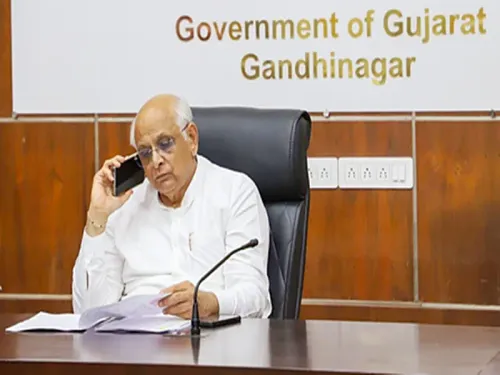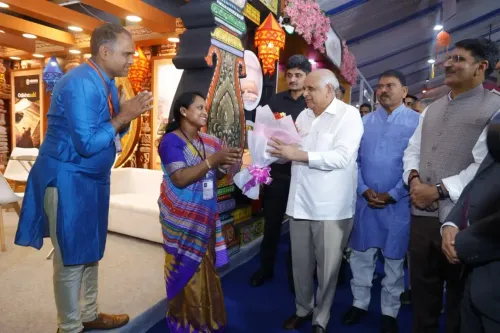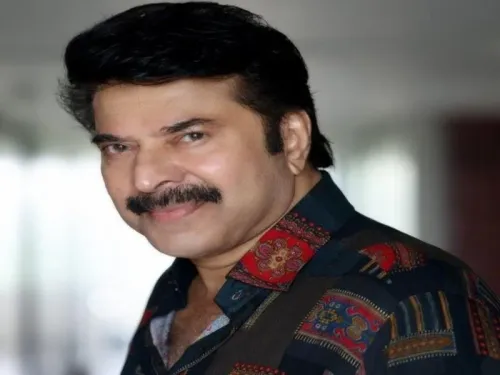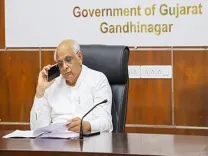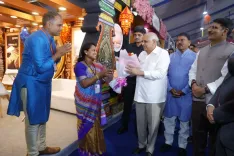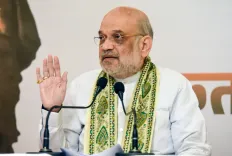Maharashtra's Chief Minister Fadnavis Enforces Strict Anti-Drug Policy
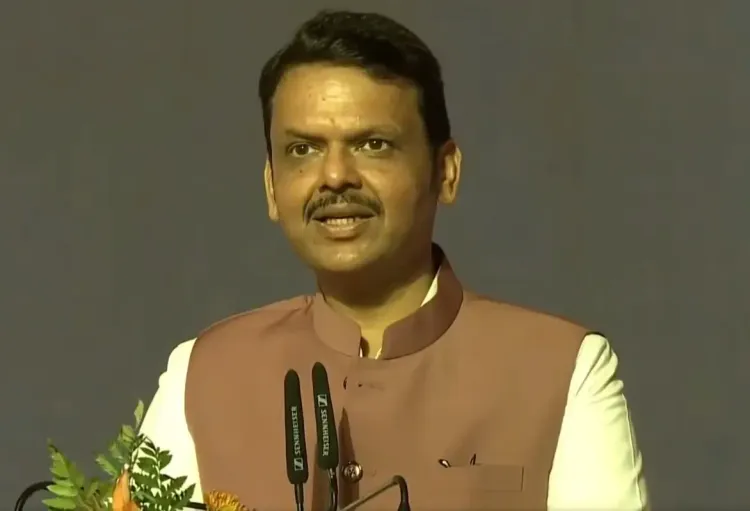
Synopsis
Key Takeaways
- Zero tolerance policy on drugs announced.
- Police officers involved in drug cases will be dismissed.
- New laws aimed at improving law enforcement.
- Mobile forensic vans to enhance evidence collection.
- Efforts to prevent violence against women and children.
Thane, March 1 (NationPress) The Chief Minister of Maharashtra, Devendra Fadnavis, announced on Saturday a zero tolerance approach from the state government towards drug-related offenses.
He declared that police personnel found guilty in drug-related matters would face immediate dismissal from their positions. Furthermore, he instructed the police administration to undertake stringent measures against drug-related incidents. These statements were made during the Maharashtra Police Conference.
During the conference, the CM emphasized that the government will not allow any disruptions to industries, particularly regarding extortion, which will be addressed firmly.
“Numerous topics were explored at the conference, particularly concerning the execution of three key laws in Maharashtra. Discussions also focused on preventing violence against women and children and ensuring timely filing of charge sheets for such offenses,” stated the Chief Minister while addressing the media post-conference.
He noted that under the provisions of the new legislation, property seized during a crime must be returned to its owners within a six-month timeframe.
After his recent discussions with Union Home Minister Amit Shah, Fadnavis mentioned that the Bharatiya Nyaya Sanhita (BNS), Bharatiya Nagarik Suraksha Sanhita (BNSS), and Bharatiya Sakshya Sanhita (BSS) are set to enhance the law and order framework in Maharashtra. He assured that the state is effectively implementing all three laws.
“A fleet of 27 mobile forensic vans has been deployed, with a comprehensive network to be established within the next six months. In cases with potential sentences exceeding seven years, forensic testing will now be completed on-site using these mobile units, facilitating the collection of high-quality evidence. Approximately 90% of Maharashtra's 200,000-strong police force has been trained in these new laws, with the remaining 10% set to finish training by March 31,” he stated.
“The new regulations will prohibit repeated court adjournments, and government lawyers will require corresponding training. The meeting yielded crucial insights, and Maharashtra will enhance its efforts to implement these three laws effectively,” concluded Fadnavis.
On the recent brutal murder of Santosh Deshmukh, the sarpanch of Massajog in Beed district, the Chief Minister assured that the police are conducting a thorough investigation from the outset.
“A charge sheet has been submitted to the court with complete evidence. Ujjwal Nikam has been appointed as the government prosecutor for this case. Therefore, we will strive to ensure the strictest punishment for the accused,” he added.


